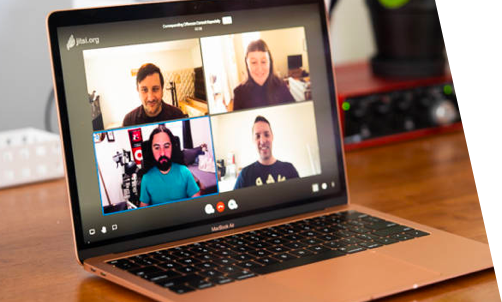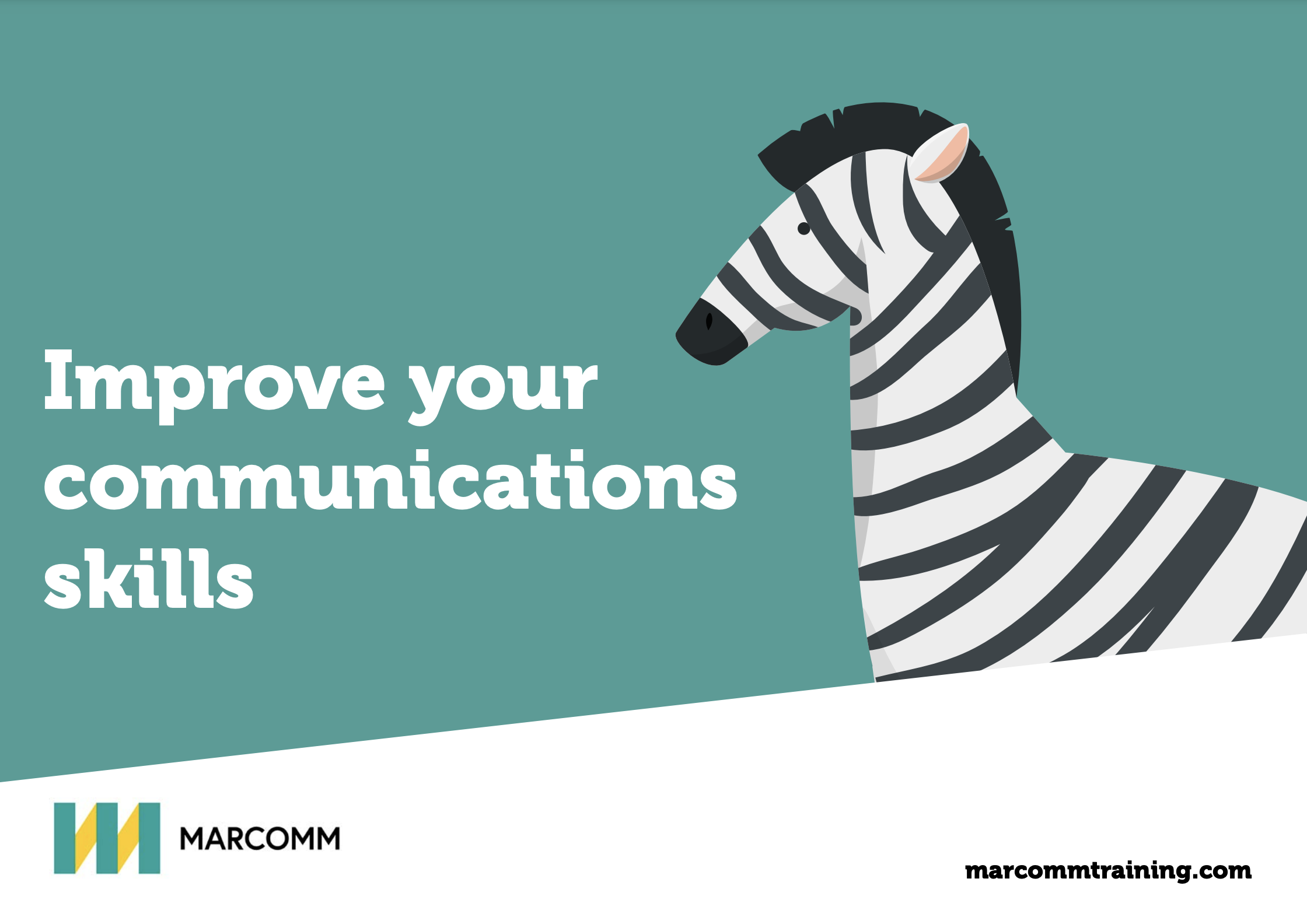
Have you ever thought what is it that I really want for myself in my career or personal life. Perhaps you realise that you are no longer fulfilled by your job. The thought of doing this for the rest of your career fills you with dread. Something needs to change.
The second driver unfortunately maybe be outside your control.
The likely economic impact of the pandemic has been well documented. Many sectors are facing significant change. We are already seeing many organisations implementing restructuring and downsizing programmes. If you are unfortunate to be caught up in this scenario then a change of career or direction may be something you cannot avoid.
Whether a change of career is out of choice or out of necessity, the question is, where do I start?
Finding answers to the following questions may help you on your journey:
1 Taking Charge: A quote that I use a lot in my career development training programmes comes from William Bridges. “In a real sense, we are all self-employed temps, running little companies that might be called “You and Co”. Individuals need to stop clinging to jobs and start developing their resources as micro businesses”
I like the thought process that lies behind this quote. Looking at ourselves strategically, taking charge of our skills development, staying up to date and relevant. This is the right mindset to managing our careers.
2 Taking Stock: Start with an inventory review to get you thinking positively about what you have to offer. You may have a lot more to offer a potential employer than you think.
- What are my skills and competencies? These can be a mixture of role specific technical skills or other competencies. In roles that involve managing people or dealing with customers, employers will look for strong soft skills for example, leadership, communications, decision making.
- What knowledge and experience have I got?Consider both formal roles but also other projects or assignments that I have been part of. What experience did these give me? What challenges did I face and how did I overcome them? What did I contribute in each role?
- What is my track record? List the achievements and successes that you are proud of. You will find that you have achieved a lot more than you think.
- What are my personal traits? As an individual what makes me stand out? Many of us may have difficulty articulating our personal characteristics so it may be helpful to ask for feedback from those within our network whose judgement we trust and can be relied upon to give us quality feedback.
- What is my reputation? Reputation is what others say about us when we are not there. Warren Buffet said “It takes 20 years to build a reputation and 5 minutes to ruin it. If you think about that you will do things differently.” How do other describe you?
3 Identifying a direction:
Maybe you are looking for a similar role in your current profession which makes things a little more straightforward. The strategy in this case becomes one of looking out for opportunities, networking with people who may know where the opportunities are or deciding if you are prepared to relocate to seek a similar opportunity.
Identifying where you want to go can be challenging particularly if you are unsure. Achieving clarity and direction may take a bit of time and some self-reflection. There are many profiling tools out there that can assist you gain a better understanding of your behavioural style and the types of roles that might suit you.
However here are a few important questions to get you started.
- What type of work am I passionate about?
- What type of roles interest me?
- What aspects did I enjoy about my current or previous roles?
- What skills will be in demand in the future and do I have these skills or a plan to acquire them?
In summary:
Whether it is out of choice or necessity, most of us are unsure what the next steps are when faced with a career change. Taking the time to step back and get clear is a good starting point.
Over the next few weeks, I will post some hints and tips to help those who may be facing a career change. Being prepared is half the battle and now is a good time to start that preparation. Stay tuned.

